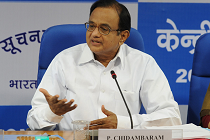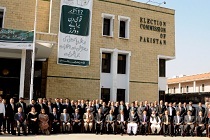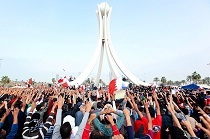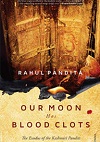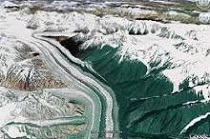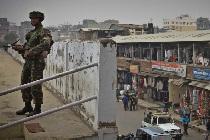Budget 2013-14: The art of balancing
The government, knowing well what the markets wanted, ensured that there were no surprises for the 2013-14 budget by forecasting a fiscal deficit of 4.8%. A closer look at the math, however, reveals a different story.

